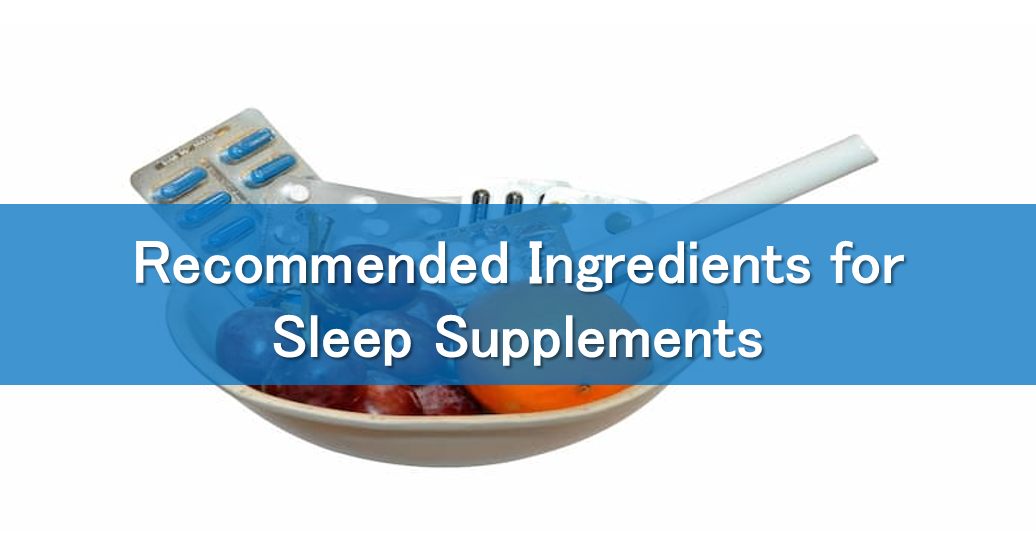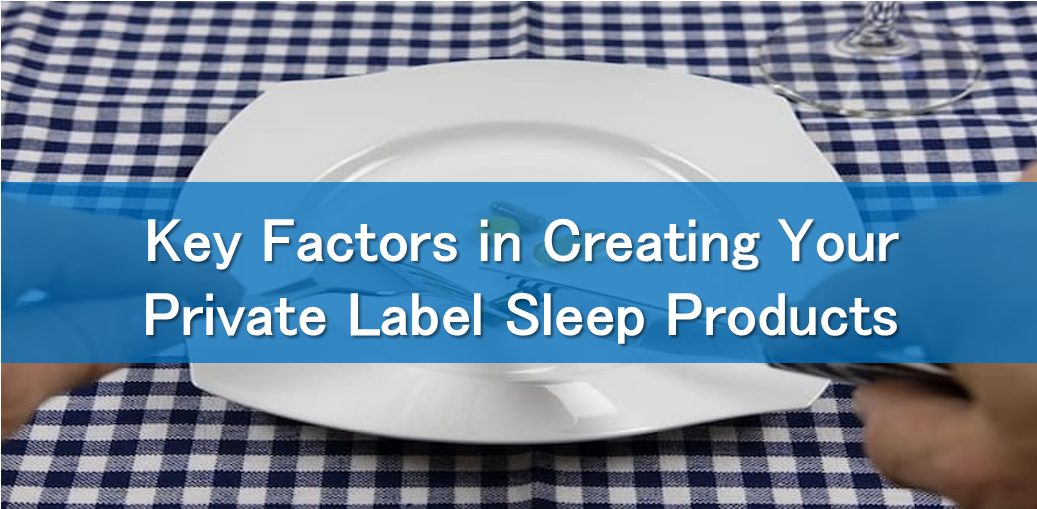
- HOME
- Cosmetic OEM Lab
I would like to make sleep improvement products
Are there are any recommend ingredients for sleep improvement supplements?
In today’s high-stress, always-on world, sleep has become more than a luxury—it’s a necessity for both health and beauty. As people increasingly prioritize rest and recovery, the market for sleep improvement supplements is booming. Consumers are seeking natural, non-habit-forming alternatives to sleeping pills, which presents a golden opportunity for entrepreneurs and wellness brands.
If you’re looking to launch a private label sleep supplement line, this guide will walk you through everything you need to know—from product understanding and ingredient selection to OEM strategy and cost considerations. Whether you’re an established wellness brand expanding your offerings or a new entrepreneur entering the market, sleep is a category worth dreaming about.
Contents

Sleep products come in many forms, but supplements have emerged as one of the most accessible, customizable, and consumer-trusted formats. Understanding the role of sleep supplements and how they differ from pharmaceutical sleep aids is the first step in creating a compelling private label line.
Sleep improvement products are health and wellness items designed to help individuals fall asleep faster, stay asleep longer, and wake up feeling refreshed.
These products may include:
Among these, supplements stand out for their convenience, clinical backing, and ability to be customized for specific sleep issues like restlessness, insomnia, or nighttime anxiety.
The global sleep supplement market is growing steadily, with consumers turning to melatonin gummies, herbal capsules, and magnesium powders for support.
The appeal of supplements lies in:
Sleep supplements also allow brands to tailor formulas based on lifestyle preferences (vegan, sugar-free, non-GMO), giving them an edge in personalization and niche marketing.
While both aim to improve sleep quality, sleep supplements and prescription sleeping pills are fundamentally different:
| Feature | Sleep Supplements | Sleeping Pills |
| Composition | Natural ingredients | Synthetic compounds |
| Habit-forming? | No | Often yes |
| Prescription required? | No | Yes |
| Side effects | Minimal | Possible drowsiness, dependency |
| Long-term use | Safe for most | Not recommended |
Because of these differences, supplements are often seen as a first-line option for people with mild to moderate sleep issues, offering a more holistic, wellness-oriented solution.

When developing your private label sleep improvement supplement line, choosing the right active ingredients is crucial. Today’s consumers want transparency, efficacy, and clean formulations. Let’s explore the most in-demand and research-supported ingredients in this category.
Perhaps the best-known natural sleep aid, melatonin is a hormone that your body produces in response to darkness. It helps regulate your circadian rhythm, telling your body when it’s time to sleep.
Melatonin supplements are especially effective for:
Melatonin works best in low doses (0.5 to 5 mg) and is often combined with herbs and amino acids for balanced results.
Magnesium is a mineral that plays a vital role in over 300 biochemical reactions in the body, including muscle relaxation and neurotransmitter regulation.
It’s often recommended for:
Forms like magnesium glycinate or citrate are highly bioavailable and gentle on digestion, making them perfect for evening use.
Found in green tea, L-theanine is an amino acid known for promoting calm and focus without sedation. In sleep formulas, it works by increasing GABA, dopamine, and serotonin levels, helping reduce stress and quiet the mind before bed.
L-theanine is ideal for those who struggle with racing thoughts or anxiety-related insomnia.
Valerian root has been used for centuries as a natural sedative.
It’s often included in sleep supplements to help:
It pairs well with lemon balm, chamomile, and passionflower for synergistic calming effects.
Gamma-Aminobutyric Acid (GABA) is a neurotransmitter that acts as the brain’s natural “brake,” slowing down activity and inducing relaxation.
GABA supplements may help people who:
GABA works well in gummy or capsule form and is often combined with magnesium or melatonin for enhanced effects.
Don’t overlook the importance of vitamin-based support for healthy sleep.
Key vitamins include:
Including these in your formula can add functional depth and appeal to wellness-conscious consumers seeking a complete solution.

Once you’ve settled on your ingredients, it’s time to get practical. To build a scalable, profitable private label sleep supplement line, consider the following behind-the-scenes essentials.
Your OEM (Original Equipment Manufacturer) will set a Minimum Order Quantity (MOQ)—the smallest number of units they’ll produce per order.
Typical MOQs range from:
Start with a manufacturer who offers low MOQs if you’re testing the market or launching a small pilot line.
Choose an OEM that already stocks or specializes in sleep-related ingredients.
This speeds up the process and reduces formulation delays. Questions to ask:
It’s also important to check whether they offer vegan, non-GMO, or gluten-free options to appeal to niche markets.
Budgeting goes beyond ingredient costs.
Factor in:
Also, decide whether you’ll sell direct-to-consumer (DTC) or wholesale, as pricing strategy will differ. A strong margin structure will be key to your success.

The demand for natural sleep solutions continues to grow—and with good reason. Consumers are seeking safe, effective, and accessible options that fit their wellness lifestyle, and sleep improvement supplements offer a solution that ticks all those boxes.
By choosing the right ingredients, aligning with a reliable OEM partner, and understanding your cost structure, you can successfully launch a private label sleep supplement line that delivers real results. Whether you’re targeting the beauty market, wellness crowd, or general consumers, this category has room for innovation and growth.
Better sleep starts with smarter products—and your brand could be the one that makes it happen.
For further information, please contact us.